What Affects a Solar Battery’s Life Expectancy?
If you’re considering adding a solar battery to your home solar system, your next question should be, “How long does a solar battery last?” The lifespan of a solar battery can vary depending on many factors. Below we’ll discuss what a solar battery is and what factors affect how long it will last.
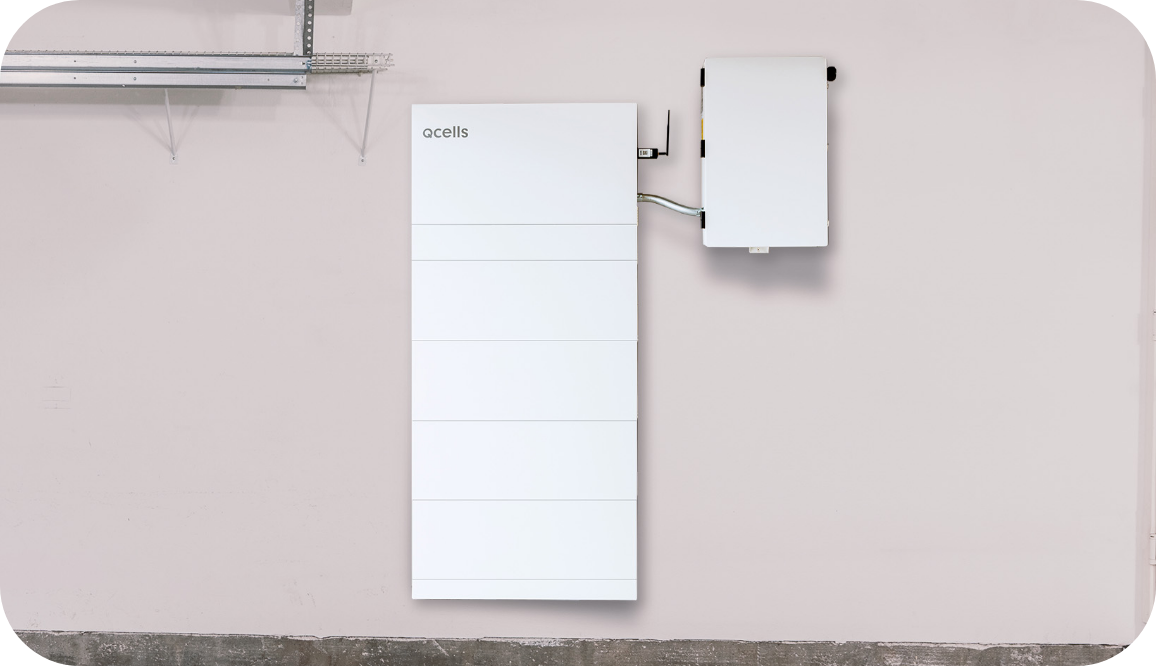
What is a Solar Battery?
As solar is becoming a more prevalent energy option, many homeowners are choosing to install solar panels to take advantage of this renewable energy source and reduce their reliance on the traditional electricity grid. A home solar system generates maximum solar power during peak sun hours; however, system efficiency decreases during overcast or stormy days, and the panels won’t operate at night. A solar battery helps combat these issues by storing the excess energy produced in your system until you need it instead of sending it back to the grid.

How Long Does a Solar Battery Last?
So, how long do solar batteries last? On average, a solar battery can last anywhere from 5 to 15 years. However, the lifespan of a solar battery can be affected by several factors, and it can vary widely depending on the type of battery, how it’s used, and the conditions in which it’s stored.
5 Factors that Affect How Long Solar Batteries Last
The solar battery lifespan depends on the following factors. Read on to learn about each aspect and what you can do to extend the life of your solar battery.
1. Solar Battery Type
The type of solar battery you choose can significantly impact its lifespan. There are three main types of solar batteries: lead-acid, lithium-ion, and saltwater batteries.
Lead-Acid Batteries
Lead-acid batteries are the most commonly used type of solar battery. They are relatively inexpensive and can last up to 10 years with proper maintenance. However, these batteries are somewhat heavy and require more regular maintenance to ensure they perform optimally.
Lithium-Ion Batteries
Lithium-ion batteries are becoming increasingly popular for solar power storage. They are lightweight and have a longer lifespan than lead-acid batteries, generally lasting up to 15 years. These solar batteries are more expensive than lead-acid batteries, but they require less maintenance.
Saltwater Batteries
Saltwater batteries use saltwater as an electrolyte and don’t contain heavy metals like some other battery options, meaning they are more environmentally friendly than other solar batteries. Best of all, they can be recycled at the end of their lives. However, solar saltwater batteries are still relatively new to the market, and their long-term performance is not yet fully understood.
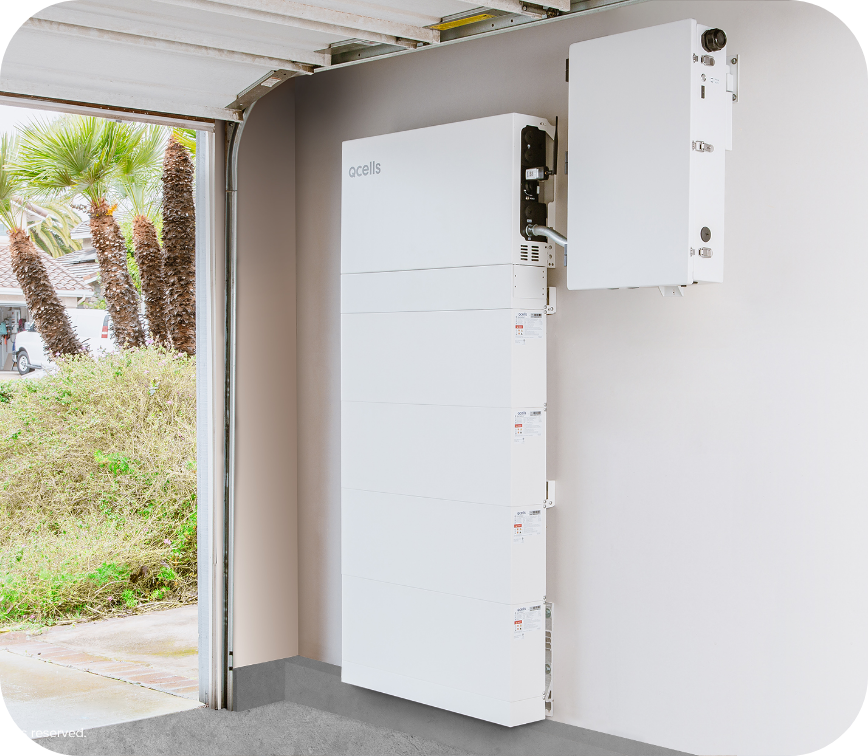
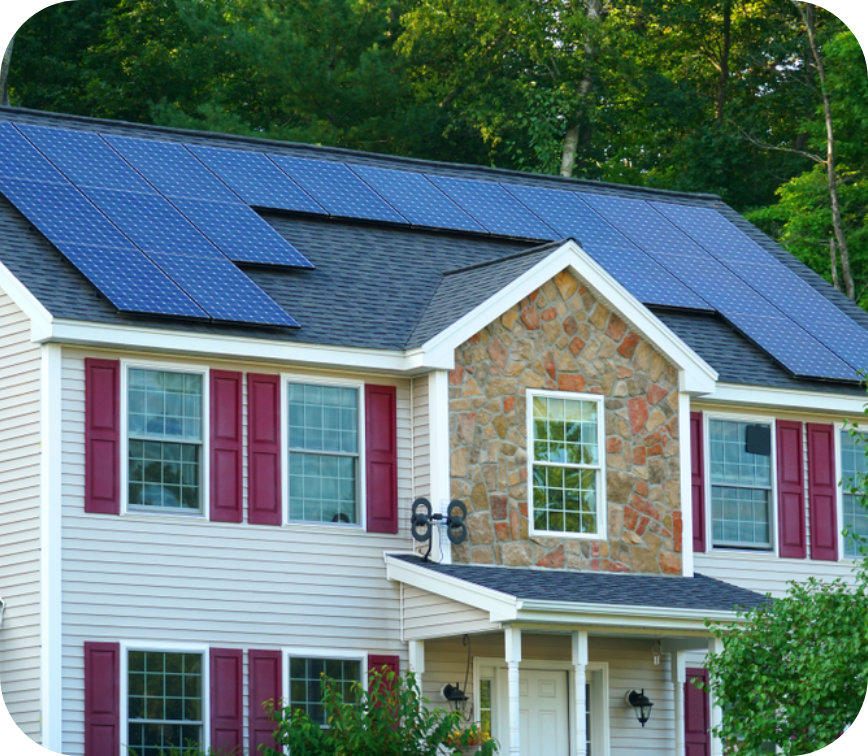
2. Solar Battery Usage
How often you use the battery and the frequency and depth of a discharge will influence how long a solar battery lasts. Deep discharges, where the battery is discharged to a low state of charge, can shorten the battery’s lifespan. Conversely, frequent shallow discharges can prolong a battery’s lifespan.
Additionally, if you are using your solar battery every night, it’s not going to last as long as a solar battery you only use during power outages.
3. Solar Battery Temperature
While a home solar system is designed to withstand fluctuating temperatures, the solar battery is a little more sensitive. High temperatures can cause the chemicals in the battery to degrade more quickly, while low temperatures can slow down the battery’s chemical reactions, reducing its overall capacity. That’s why it’s crucial to store your solar battery where these temperature changes won’t impact it.
The team at Axia Solar can install your solar battery in a safe space to ensure it is protected from the elements and can have a longer lifespan.
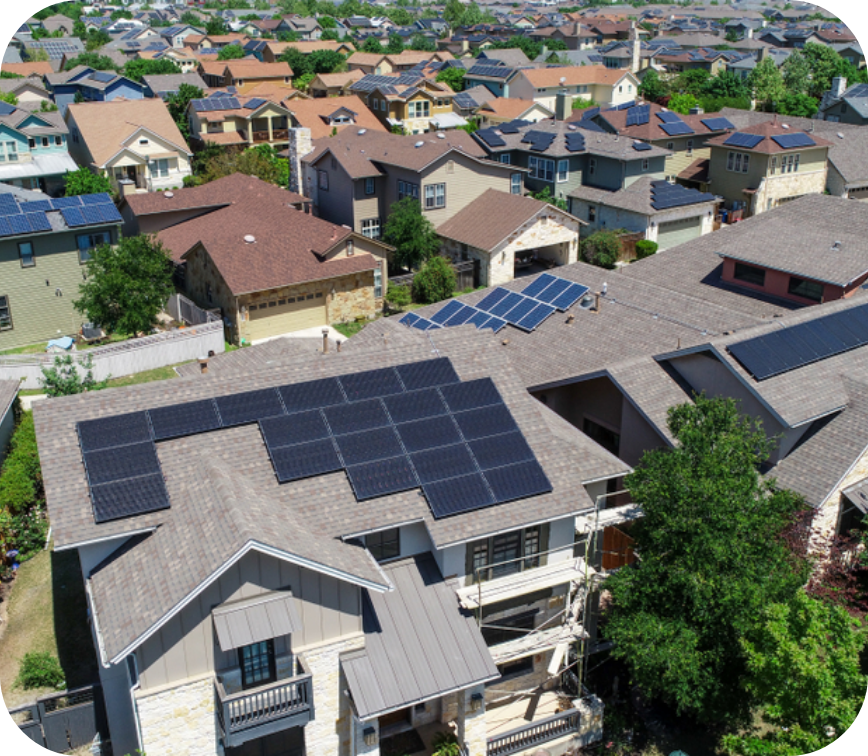
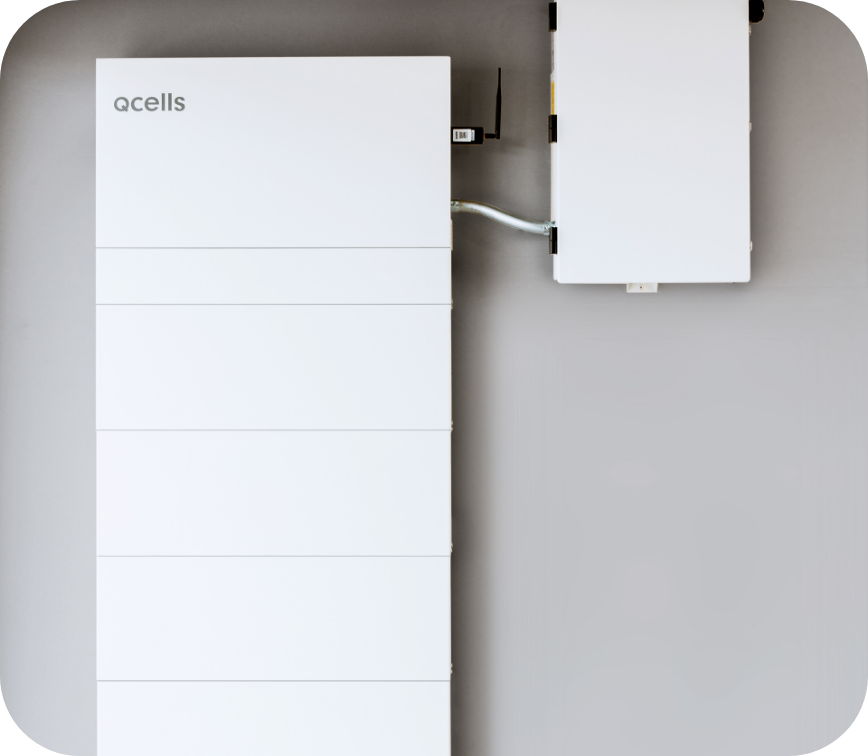
4. Solar Battery Warranty
A solar battery’s warranty can indicate how long the manufacturer expects it to last. A longer warranty typically indicates a longer lifespan. However, it’s important to note that the warranty may not cover all types of battery failure, so it’s essential to read the warranty carefully.
5. Solar Battery Maintenance
When thinking about how long a solar battery lasts, don’t forget to consider the influence of proper maintenance care.
Your solar installer should regularly check the battery’s charge level and keep it clean and dry. Following the manufacturer’s recommendations for maintenance can help prevent premature failure and ensure the solar battery performs as it is supposed to.
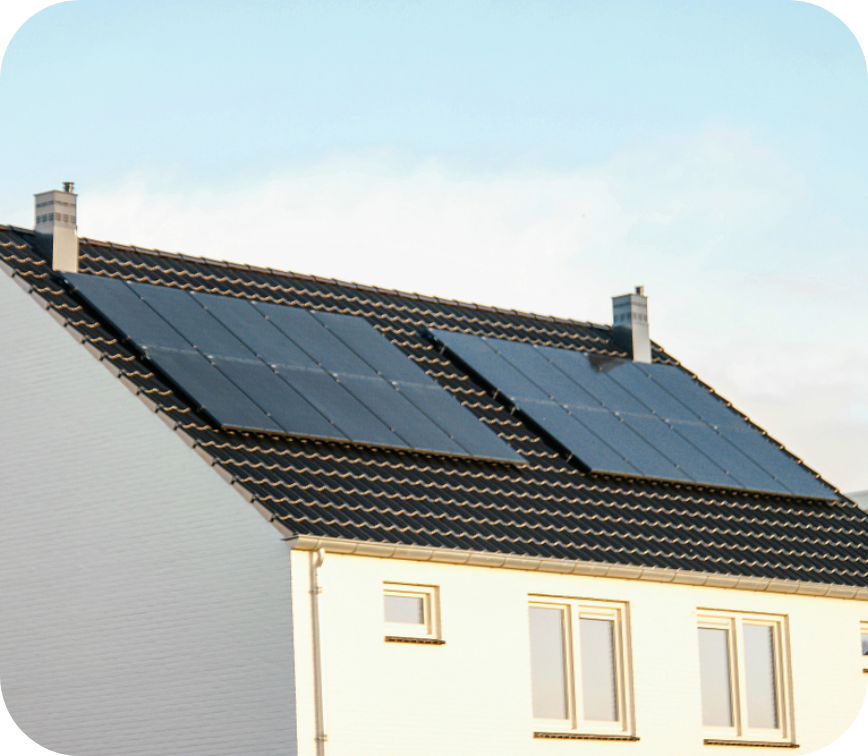
Reasons to Add a Solar Battery
Home solar batteries allow you to make the most of the energy you produce with your home solar system. Adding battery storage can offer peace of mind during blackouts and give you more independence from the grid.
Power Protection
Battery storage automatically kicks in to keep home appliances and lights running during power outages. Solar batteries are regarded directly from the solar system and don’t produce harmful emissions, providing convenient and safe backup power whenever it is needed.
Energy Independence
Battery storage can add further protection from high electricity costs. In regions where utility rates increase during peak demand periods, drawing on power stored in the battery can help homeowners avoid buying grid power when it is at its most expensive.
Grid Resilience
Batteries can help take strain off the grid, reducing the risk of outages for everyone. By providing power to individual homeowners during peak periods and through virtual power-plant programs, batteries help create a more resilient grid for everyone.
Get a Started With Axia Solar
At Axia, we offer solar battery solutions for your home solar system to help you store power for later use. We use the Q.Home Core battery from Qcells, a leading solar manufacturer, to ensure you’re getting one of the highest-quality solar batteries on the market. Contact our team to add a solar battery to your existing system or to switch to solar today.